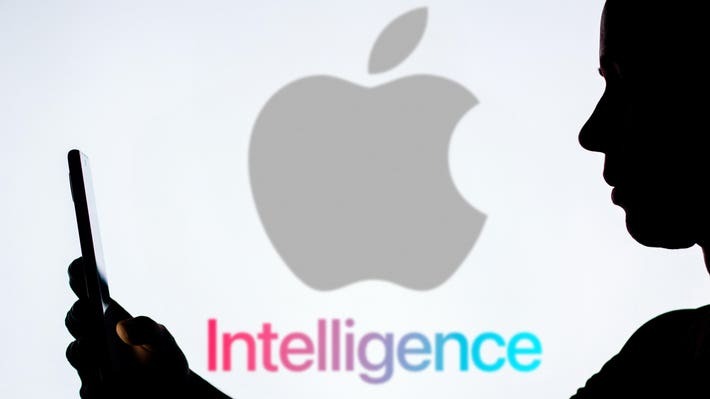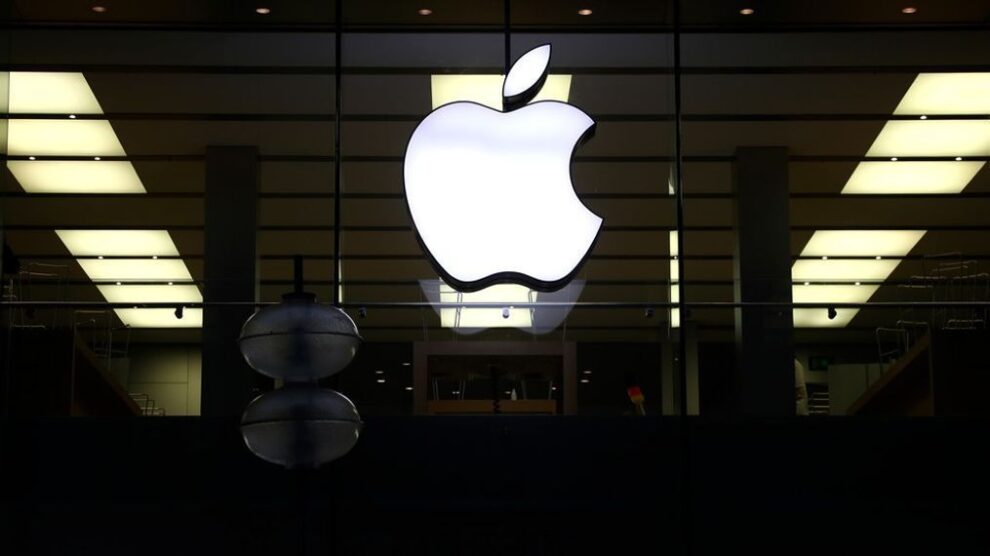In the rapidly evolving world of artificial intelligence, Apple has taken a bold stance with its Apple Intelligence initiative, proving that advanced AI features and user privacy can coexist harmoniously. As detailed in the recent article from The Verge, Apple Intelligence employs a two-pronged approach that leverages both on-device processing and a groundbreaking new system called Private Cloud Compute (PCC) to deliver powerful AI capabilities while keeping user data secure.

The Dual Approach: On-Device and Cloud Processing
At the heart of Apple Intelligence lies a carefully crafted balance between on-device processing and cloud-based computation. For simpler tasks that don’t require extensive computational power, Apple Intelligence relies on the processing capabilities of the user’s device itself. By handling these tasks locally, Apple ensures that sensitive user data never leaves the device, providing an added layer of privacy protection.
However, for more complex tasks that demand the use of larger AI models, Apple Intelligence employs its innovative Private Cloud Compute system. This approach allows Apple to harness the immense computational power of cloud servers while maintaining an unwavering commitment to user privacy.
Private Cloud Compute: Redefining Cloud-Based AI
Private Cloud Compute (PCC) is the cornerstone of Apple Intelligence’s privacy-focused approach to cloud-based AI processing. When a complex task requires the use of cloud servers, PCC springs into action, ensuring that user data remains secure throughout the entire process.
One of the key principles of PCC is limited data sharing. Apple Intelligence carefully selects only the data that is absolutely essential for the specific task at hand, minimizing the amount of user information that is sent to the cloud. This selective sharing ensures that unnecessary data never leaves the user’s device, reducing the potential for privacy breaches.
Moreover, PCC employs state-of-the-art encryption techniques to safeguard user data both during transfer and while it is being processed on Apple’s servers. This encryption acts as a formidable barrier, preventing unauthorized access to sensitive information and ensuring that user privacy remains intact.
Perhaps most impressively, PCC operates on a strict no-data-retention policy. Once the AI task is completed, and the results are returned to the user’s device, all associated data is promptly deleted from Apple’s servers. This means that even Apple itself cannot access or use the data for any purpose, including debugging or improving its AI models.
To further bolster user confidence in PCC’s privacy measures, Apple plans to open the system to independent security researchers for verification. This transparency demonstrates Apple’s unwavering commitment to user privacy and its willingness to subject its technology to rigorous scrutiny.
Empowering Users with Enhanced AI Features
By leveraging the power of cloud processing through PCC, Apple Intelligence can offer users a wide array of advanced AI features that would be challenging to achieve solely through on-device processing. This approach enables Apple to push the boundaries of what is possible with AI, delivering cutting-edge capabilities that enhance user experiences across various domains, such as natural language processing, computer vision, and personalized recommendations.
However, Apple Intelligence never compromises on user privacy in the pursuit of these advanced features. The company’s privacy-by-design philosophy ensures that user data protection is woven into the very fabric of the Apple Intelligence ecosystem. From the moment data leaves the user’s device to the instant results are returned, privacy is an integral part of every step of the process.
Setting a New Standard for AI and Privacy
Apple Intelligence represents a significant milestone in the evolution of artificial intelligence. By demonstrating that powerful AI features and robust user privacy can be achieved simultaneously, Apple is setting a new standard for the industry. This approach challenges the notion that AI advancement must come at the cost of user privacy, proving that it is possible to have the best of both worlds.
As more companies and developers embrace Apple’s privacy-focused AI paradigm, we can expect to see a wave of innovation that prioritizes user trust and data protection. This shift has the potential to reshape the AI landscape, fostering a future where users can enjoy the benefits of advanced AI technologies without compromising their privacy.
Conclusion
Apple Intelligence, with its dual approach of on-device processing and Private Cloud Compute, is a testament to Apple’s unwavering commitment to user privacy in the age of artificial intelligence. By carefully balancing the power of cloud-based AI with robust data protection measures, Apple has demonstrated that it is possible to deliver cutting-edge AI features without sacrificing user privacy.
As we move forward into an increasingly AI-driven world, Apple Intelligence serves as a shining example of how technology companies can prioritize user trust and data security while still pushing the boundaries of what is possible with artificial intelligence. With Apple leading the charge, we can look forward to a future where AI and privacy are no longer at odds, but rather work hand in hand to empower users and transform our digital experiences.










Add Comment